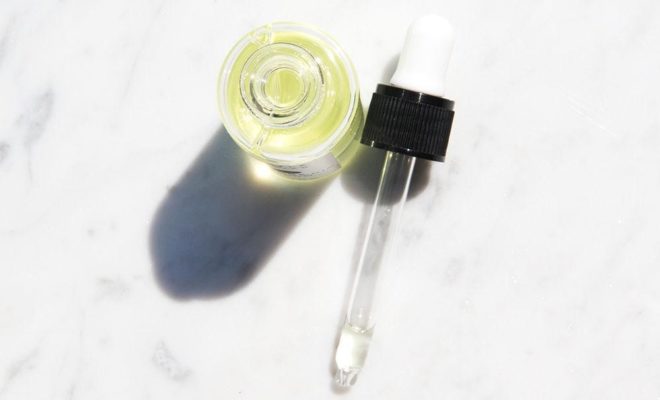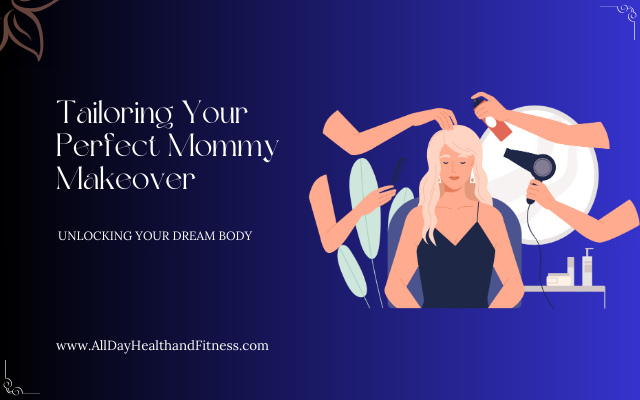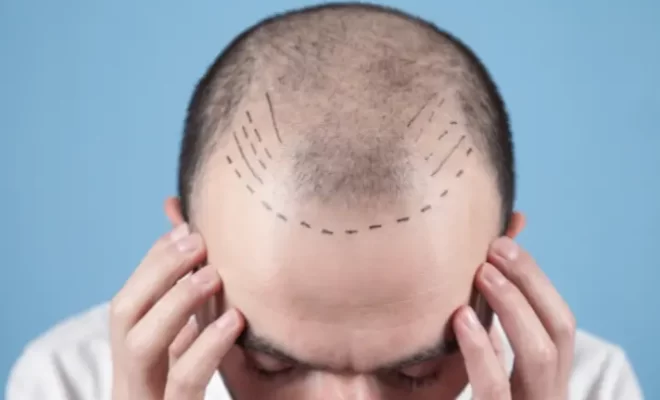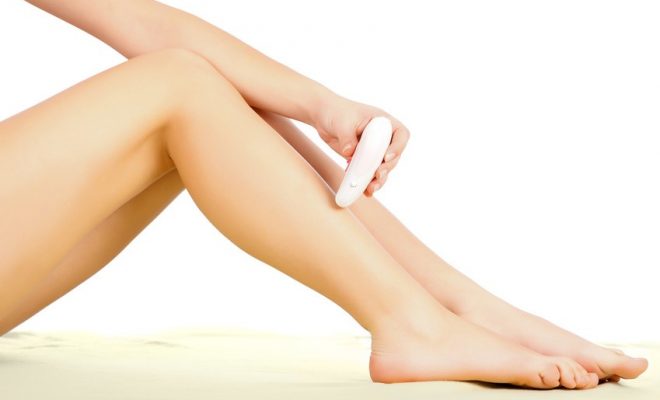Understanding Skin Nutrition: 9 Essential Nutrients
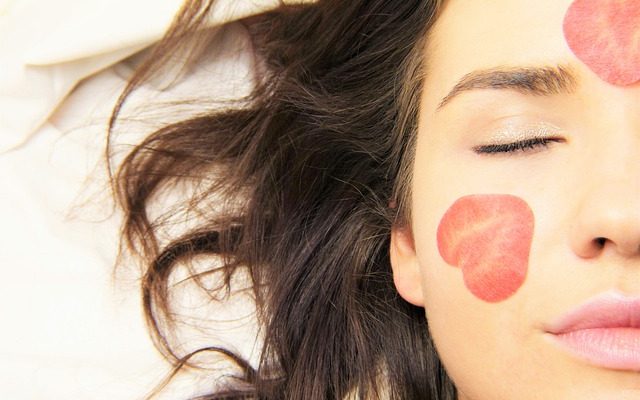
To maintain healthy, glowing skin, you need a good daily care routine. This entails regular cleansing, exfoliating and moisturizing.
However, caring for your skin also involves nourishing it from the inside out, which means that you have a proper diet is also a must. Using antioxidant and immunity products to supplement your diet may also help you achieve healthier, more beautiful skin.
Table of Contents
The Anatomy of Your Skin
Your skin has 3 layers: the epidermis, dermis, and hypodermis.
- The epidermis is the outermost layer that blocks damaging substances and holds moisture in.
- Underneath it is the dermis, which contains the roots that anchor hair, glands that produce sweat and oil, blood vessels, and nerves. This is also where collagen and elastin are produced, which are essential for keeping your skin firm and elastic.
- The hypodermis, on the other hand, is the subcutaneous fat layer that controls your body temperature and attaches the dermis to your bones and muscles.
9 Vitamins and Minerals for a Healthy Skin
To keep your skin optimally functioning, from the epidermis to the hypodermis, you must get essential vitamins and minerals from the food you eat. But often, this is not enough because fruits and vegetables today contain smaller amounts of essential nutrients than before, which makes supplementation necessary.
Here are nine essential vitamins and minerals your supplements should contain to help you achieve and maintain truly healthy, glowing skin.
1. Vitamin A
Vitamin A plays a crucial role in the formation and maintenance of glowing skin. A deficiency in this vitamin can lead to dry, scaly skin.
Vitamin A works by protecting your skin against sun damage, encouraging the production of healthy skin cells, and protecting against infection. Remember, your skin is your body’s first line of defense, so it is important that you strengthen it.
2. Vitamin B Complex
Vitamins B2, B3, B6, B7, and B12 are all crucial to keep your skin healthy. A deficiency in any of these vitamins can result in conditions like skin rashes, eczema, skin ulcers, dermatitis, yellow skin, and vitiligo.
B vitamins work by helping your body metabolize proteins, fats, and carbohydrates and improving the ability of your skin to retain moisture. Also, they help regulate the production of pigment in your skin and absorb iron.
3. Vitamin C
Vitamin C helps your skin become healthy because it has antioxidant properties. A deficiency in this vitamin can result in scurvy and rough, dry skin.
Vitamin C is essential in collagen and elastin production. Be aware that collagen is a protein that supports and gives structure to your skin. Furthermore, it helps control inflammation and hasten wound healing.
4. Vitamin E
Vitamin E is known for its ability to fight harmful free radicals, protecting your skin from severe sun damage. A deficiency in this vitamin can lead to premature aging.
Vitamin E works by neutralizing the damaging effects of free radicals before they can even harm your skin cells. With its antioxidant properties, it can help maintain the strength of your skin.
5. Omega-3 Fatty Acids
Omega-3 fatty acids keep your skin moist because they help regulate the production of oil. They contain DHA and EPA, which maintain your brain functioning and boost skin hydration. As a result, they prevent acne and wrinkles.
Moreover, EPA is also known to stop the release of enzymes that can eat away collagen. And since this is both an anti-inflammatory and antioxidant, it protects (and repairs) your skin from sun damage.
6. Fern Extract
Fern extract is effective at minimizing the damaging effects of UV radiation. Also, it has an anti-inflammatory effect and can be used as a treatment for psoriasis, vitiligo, and eczema. Natives of Honduras have been using this for decades, and it is now making its way to modern medicine because of its noteworthy effects on skin cells.
7. Iron
Iron keeps not only your hair and nails healthy, but your skin as well by activating B vitamins. It keeps your skin cells healthy. So a boost in iron can result in glowing skin.
8. Zinc
Zinc is crucial for tissue repair. It helps your skin recover quickly from acne and small wounds. Also, it has an antioxidant property that keeps your skin looking smoother and younger.
9. Selenium
Selenium is best known as a skin-boosting mineral and an antioxidant. Like Vitamin E, this also neutralizes free radicals before they lead to wrinkles. Also, it stops the production of inflammatory cytokines that may harm your skin.
Selenium is also an immune booster. In fact, your immune system depends greatly on this mineral to function optimally, helping your skin to fight any kind of infection.
An excellent skin care routine will definitely go a long way in keeping your skin younger-looking and healthy. And this will include nurturing it from the inside out. Aside from eating a well-balanced diet, consider supplementing it with essential vitamins and minerals.
But with plenty of dietary supplements in the market today, it is crucial to have your doctor check the supplement you want to take first before adding them into your diet. Remember that consuming too much iron and zinc, for instance, can do more harm than good to your skin and body. A consultation with your physician will make sure that you are taking the safe amount of dosage, depending on your weight, lifestyle, and current health condition.
About The Author:
Gehana Kennedy is the owner of vitaminshop.ae, the go-to source for high-quality wellness products including a range of step-by-step formulated vitamins, fitness supplements, and natural skin care products. With innovative ideas and implementation of new technologies, she was able to establish a platform that offers not only quality products but also valuable information for customers.



